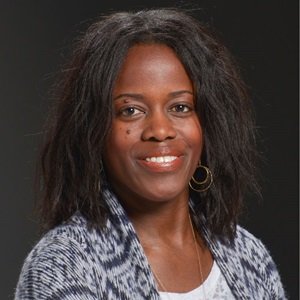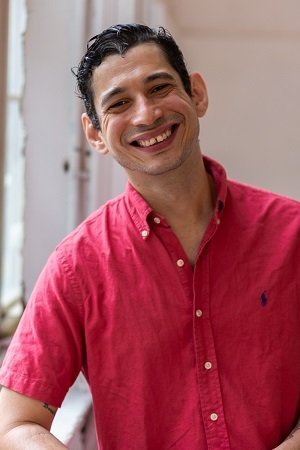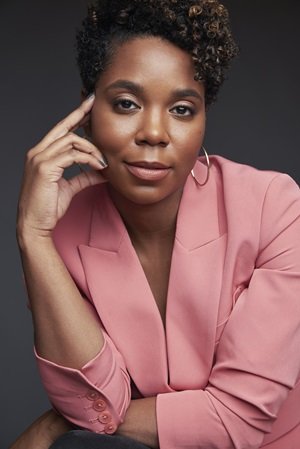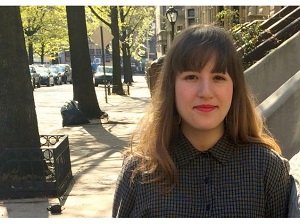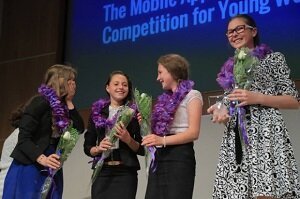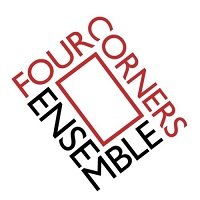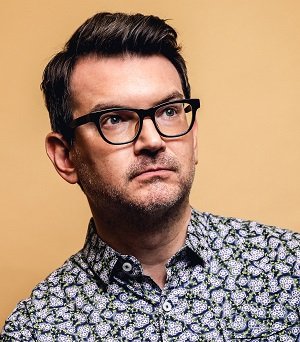The world premiere of HAVE YOU MET JANE GOODALL AND HER MOTHER? the new comedy written by Michael Walek and directed by Linsay Firman will begin previews at the Ensemble Studio Theatre on Wednesday, March 5 and will run through April 6, 2025. This will be the 2025 mainstage production of the EST/Sloan Project, the alliance between EST and the Alfred P. Sloan Foundation, now in its twenty-fifth year.
The play dramatizes the first months of twenty-six-year-old Jane Goodall’s first expedition to study chimpanzees in Africa, an expedition that changed how we view what makes us human. But why did she bring her mother? To learn why, we asked the playwright.
(Interview by Rich Kelley)
What prompted you to write HAVE YOU MET JANE GOODALL AND HER MOTHER?
When I was growing up, my mom loved Jane Goodall. We had her books in the house, and I thought I knew her story. A few years ago, I learned that when the Tanzanian government allowed Jane Goodall to study chimpanzees, they required she bring a chaperone, so she brought her mother. The idea of a scientist bringing her mother on her first expedition sounded like a play I wanted to write.
What research did you do to write your play?
Tons of research. I read everything I could get my hands on from her journals to her family’s letters.
Your play creates vignettes that dramatize the first months Jane Goodall spends with her mother leading her first expedition to study chimpanzees in Gombe Stream National Park in Tanganyika (now Tanzania) in 1960. How did you figure out what they sounded like? Did you work with her field notes?
Luckily, many of Jane and Vanne’s letters from that time were published, so it was easy to get a sense of their writing style, words they liked, nicknames they used. I found them to be utterly charming.
Is the relationship you dramatize between Jane and her mother your invention or based on something Jane wrote? They are often quite funny. Is that from your imagination or based on your research?
Before I did my research, I assumed that any child living in a tent with her parent for five months would find it a stressful situation, only to discover that Jane and Vanne adored each other and never really fought. Suddenly, I had to write a play about two funny, kind people who encouraged and supported each other.
HAVE YOU MET JANE GOODALL AND HER MOTHER? had its first public reading as part of the 2019 First Light Festival. How has the play changed since then?
This is an entirely new play. After a great note session with Linsay and Graeme*, I decided to take the play in a completely different direction. It is a screwball comedy instead of a bio-play. More Noel Coward than Merchant-Ivory.
It’s always seemed a bit preposterous that the famed anthropologist Louis Leakey would choose a secretary with no academic background or field experience to lead an expedition into the thick mountainous terrain the chimpanzees inhabited. And be able to get funding for her. Why do you think he chose Jane?
Well, she wasn’t his first choice. Jane only found this out years later, but Leakey tried to get another scientist to go into the field, but she declined. I think a lot has been made out that she was “just a secretary.” She went on a human fossil dig with Leakey and worked with him at his museum in Kenya. She was a bit more qualified, but it makes a better story if she’s this random typist.
Your play focuses on the first months Jane spent in Tanganyika in 1960 and what she discovered as the first person to study chimpanzees in the wild—but also her frustration at not being able to make the major discovery she had hoped for that would justify Louis Leakey’s faith in her. When did her breakthrough observation about how chimps make tools to collect termites actually occur?
In the play, all the facts about science are true. Jane really did make her discovery in the final weeks of her first stay in Tanganyika after her mother went home.
What would you like the audience to take away from seeing HAVE YOU MET JANE GOODALL AND HER MOTHER?
This is a hard question. I don’t know. It’s a big play. I want the audience to feel like they’ve gone on a journey with the cast and the characters.
Will actors or puppets portray the chimpanzees on stage? What’s the plan?
It’s a surprise, but it’s going to be incredible.
What background about Tanganyika in 1960 would it be useful for people to know?
Change was everywhere in Africa then. 1960 became known as The Year of Africa. Seventeen new African nations had joined the United Nations by December. While it does not cover Tanganyika specifically, The New York Times did an incredible special on The Year of Africa. It’s a fascinating look at a topic of history not covered by most American educational institutions.
Was Jane very savvy about how politically charged the world around her was in Tanganyika in 1960?
It’s so easy to look back and see history, but when you are living day-to-day, I don’t know if we have the same clarity. Jane Goodall was obviously smart. She lived in Nigeria for years before she went to Tangynika, so I am sure she was aware of what was going on.
Did Jane ever have any dealings with Julius Nyerere, the first president of the new country of Tanzania?
Yes. Jane Goodall has so many remarkable chapters in her life. Her second husband Derek Bryceson was part of the Tanzanian parliament. They were good friends with Julius Nyerere and actually lived next door to him. The Swahili translation of Jane’s book, In the Shadow of Man, includes an introduction written by Nyerere.
Much has been made of how Jubilee, a plush toy chimpanzee Jane was given as a child, may have determined her career. Were you ever given something as a child that shaped your life?
Again, I think this is some hindsight mythologizing. Jane would’ve studied birds if it was the assignment. It just happened to be chimpanzees.
Your characters sometimes break the fourth wall and speak directly to the audience by commenting on or narrating the story. Why do you do that? How do you think that affects how the audience experiences the story?
I think theatre is best when it embraces the qualities that differentiate it from other art forms. Anything that draws attention to the storytelling quality of theatre—we’re all sitting in a dark room watching people pretend—excites me. I hope it forces the audience to actively use their imagination instead of passively watching.
Have you ever gone camping for an extended time? Spent any time observing nature? Done field research?
I absolutely hate camping, and the outdoors, which I realize makes it hysterical I wrote this play.
When did you first know you were a playwright?
My high school had a play contest my senior year. I wrote a play, and it won. I wasn’t invited to rehearsals, so I just showed up one night and saw my play. There was a twist ending, and the audience gasped. I was completely hooked.
*Linsay Firman is Director of Play Development at EST and Program Director of the EST/Sloan Project. Graeme Gillis is Co-Artistic Director of EST.
HAVE YOU MET JANE GOODALL AND HER MOTHER? the new comedy written by Michael Walek and directed by Linsay Firman will begin previews on March 5 and run through April 6, 2025 at the Ensemble Studio Theatre. You can purchase tickets here.
Read more about HAVE YOU MET JANE GOODALL AND HER MOTHER?































